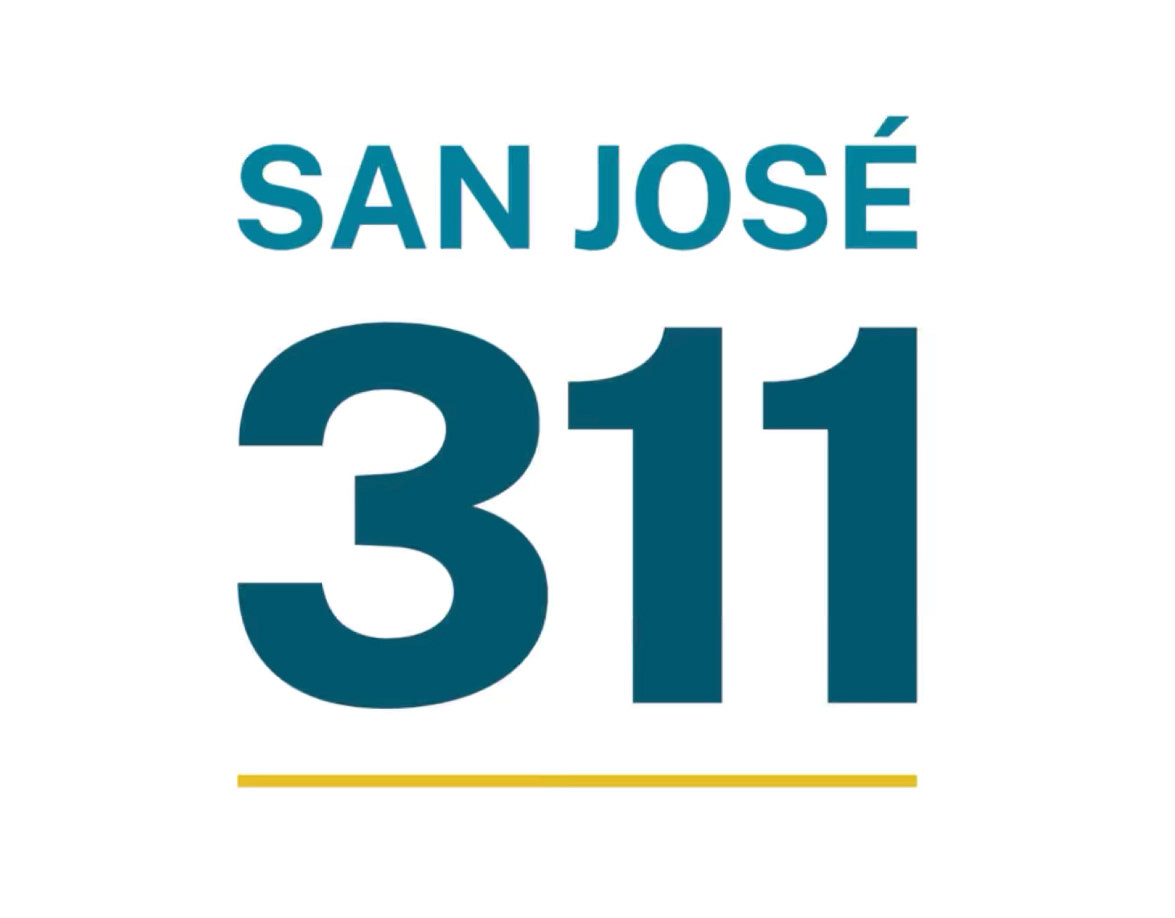Analyzing Bias and Disparities in 311 Calls
Analysis by:
Michael Spencer, Andrea Banuet, Foster Docherty, Lauren Feitzinger, Jorge Nam Song
Abstract
This report examines how utilization of the 311 system is related to the racial composition of a given census tract. The 311 system is a non emergency government hotline that residents of many cities can call to file reports or request services and whose utilization has proven indicative of the level of disorder in an area and/or residents’ trust in government public service. We employ the recent covariate- balancing generalized propensity score (CBGPS) methodology demonstrated in Fong, Hazlett, and Imai (2018) on city request data for Boston, Chicago, and San Francisco. Our data spans from May 2007 to October 2019 and was pulled from the emerging Open311 platform. Our analysis finds that while varying the proportion of the tract that is white is associated with statistically significant differences in the monthly average requests by city, the effect sizes are small and may be explained largely by noise in the data. We come to similar conclusions when investigating the effect on adversarial, human, or illegal 311 requests each in isolation. Our research has implications on future research using CBGPS and the Open311 platform, as well as operational and policy considerations for the racially unbiased administration of non-emergency public services.




